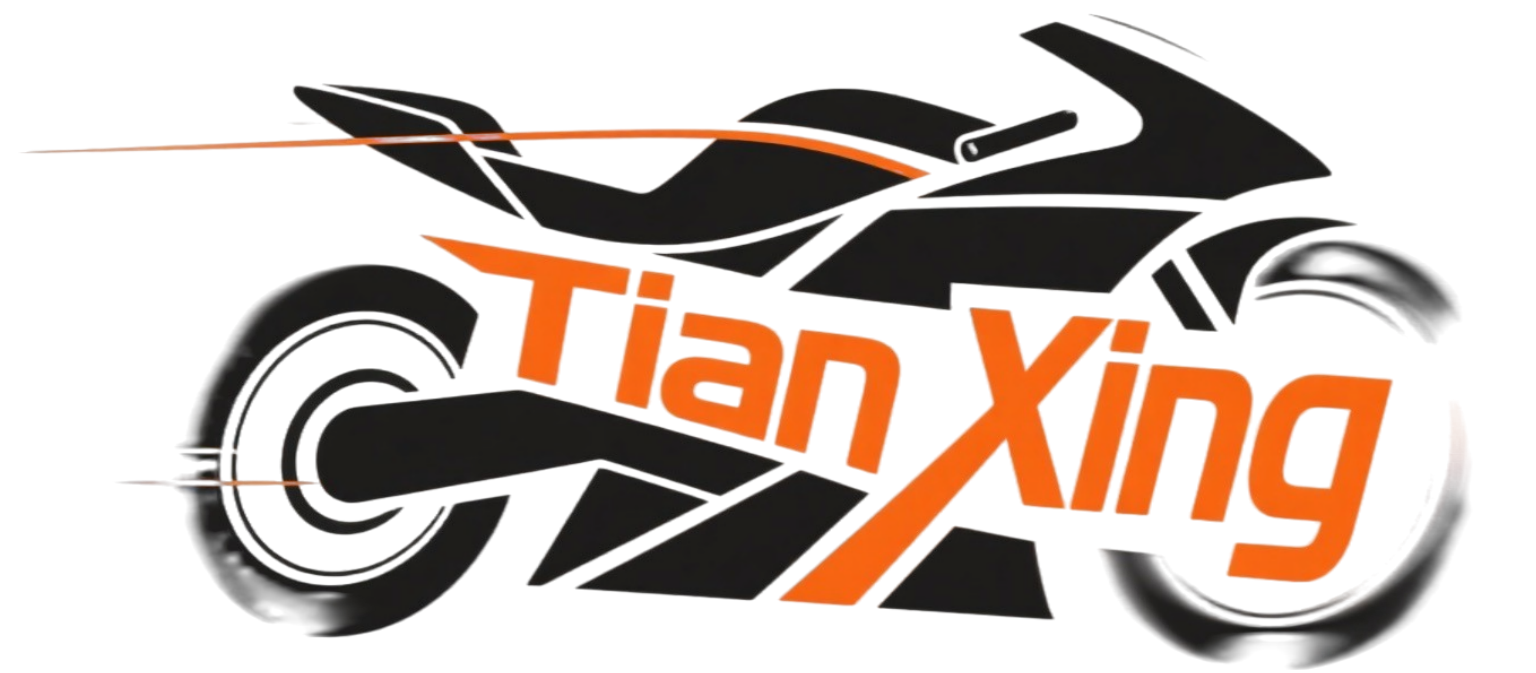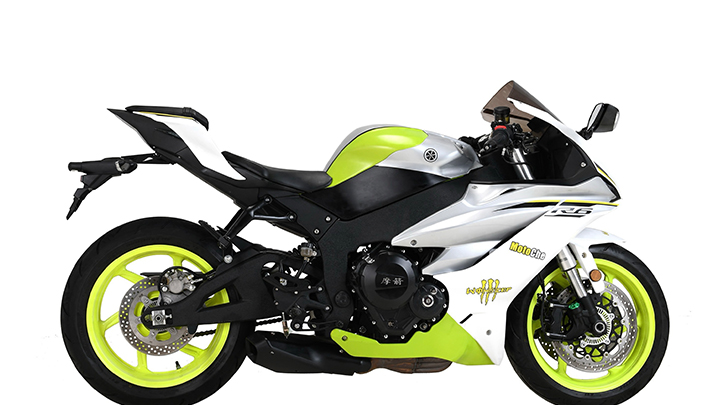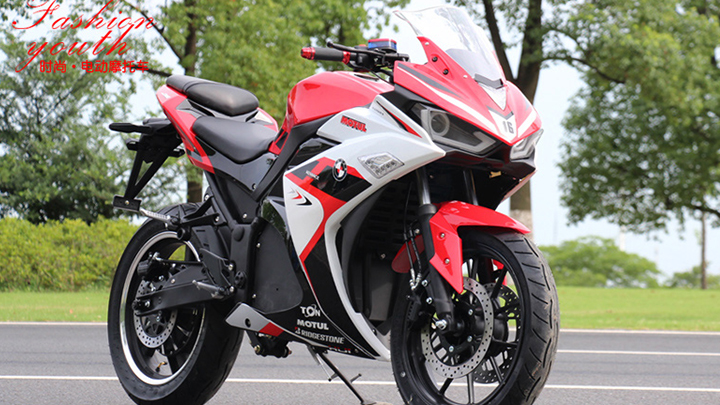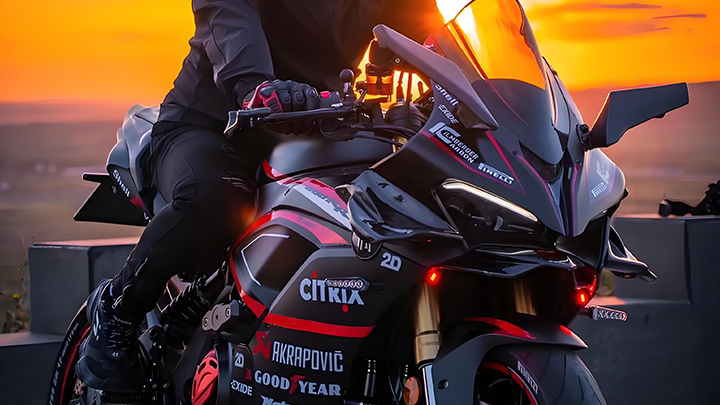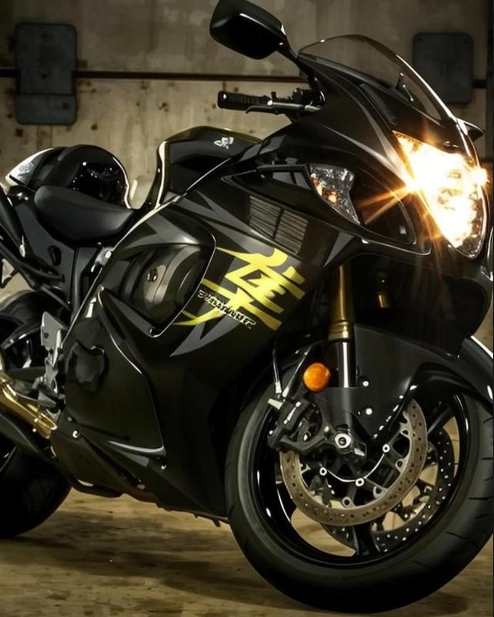How to Choose the Right Motorcycle
Choosing a motorcycle is an exciting yet important decision. The right bike should match your riding style, experience level, and personal needs. With countless models and styles available, it can be overwhelming to make the right choice. Here are the key factors to consider when selecting a motorcycle.
1. Determine Your Riding Purpose
The first step is to identify why you need a motorcycle:
Commuting: A lightweight scooter or standard motorcycle is fuel-efficient and easy to handle in traffic.
Long-distance Touring: Touring or cruiser bikes provide comfort, storage space, and stability for long rides.
Sports and Performance: Sportbikes offer speed, agility, and advanced handling for thrill-seekers.
Off-Road / Adventure: Dual-sport and dirt bikes are designed for rough terrains and outdoor exploration.
2. Choose the Right Engine Size (Displacement)
Engine displacement affects power, speed, and fuel efficiency.
125cc – 250cc: Ideal for beginners and city commuting.
300cc – 600cc: Balanced power for daily use and occasional highway rides.
650cc – 1000cc: Great for experienced riders and long-distance touring.
1000cc+: High-performance machines suitable for advanced riders and racing.
3. Consider Your Experience Level
Beginners should prioritize lightweight, low-displacement bikes for easier control.
Experienced riders may opt for higher-power sportbikes, cruisers, or adventure motorcycles.
Always match the motorcycle’s power to your skill level for safety.
4. Comfort and Ergonomics
A motorcycle should fit your body:
Seat Height: Ensure your feet can touch the ground comfortably.
Handlebar Position: Affects posture—upright for commuting, forward-leaning for sportbikes.
Weight: Heavier motorcycles can be harder to maneuver for beginners.
5. Safety Features
Modern motorcycles offer safety enhancements such as:
ABS (Anti-lock Braking System)
Traction Control
LED Lighting for visibility
Advanced Suspension for stability
These features improve safety, especially for new riders.
6. Budget and Maintenance
Factor in not only the purchase price but also:
Insurance
Fuel efficiency
Maintenance and repair costs
Availability of spare parts
A practical budget ensures long-term affordability and reliability.
Conclusion
The best motorcycle is one that fits your lifestyle, experience, and comfort level. Beginners should start small and focus on safety, while experienced riders can explore more powerful options. Whether you’re commuting, touring, or chasing adventure, choosing wisely will ensure every ride is safe, enjoyable, and unforgettable.
